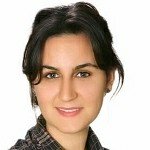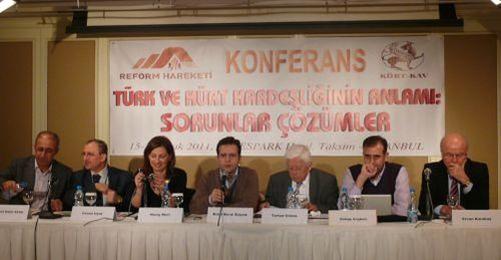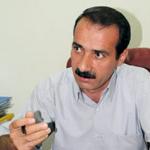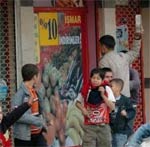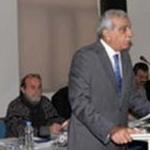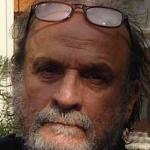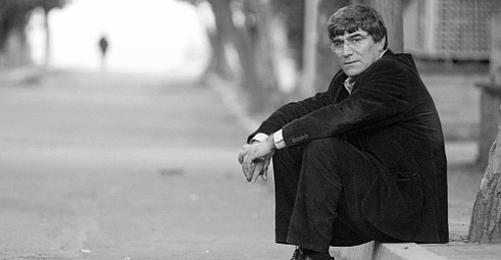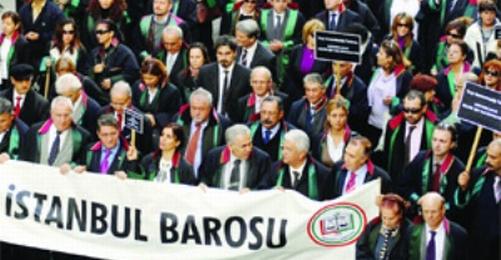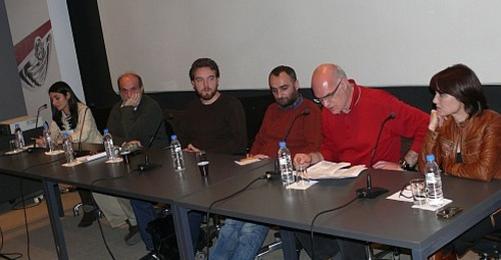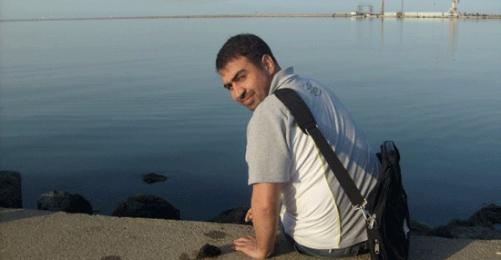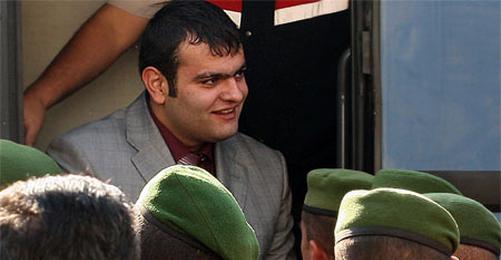The Reform Movement and that Kurdish Culture and Research Foundation (Kurd-KAV) organized the "Conference on the Meaning of Turkish-Kurdish Brotherhood: Problems and Solutions" on 15 January. Journalist Nuray Mert criticised the use of the term "terrorist organization" by Tarhan Erdem, owner of the KONDA research institute. Mert suggested using the term "armed political struggle" instead.
Mehmet Emin Aktar, President of the Diyarbakır Bar Association, indicated that the Kurds were still under a negative perception due to the design created by military bureaucrats after the military coup on 12 September 1980 that imposed a status of illegality to Kurds, Aktar said.
Aktar: Kurds and Turks should learn how to live together
"Now we cannot become legal. It is very hard for us because we are thinking in the patterns of illegality. People have to understand the experiences of the Kurds during this difficult period. As Kurds, we listen to Kurdish music. When we are in a traffic control for instance, we switch the music of as a reflex when the police officer approaches the car. Kurds and Turks do not have to be brothers; in this country brothers scratch each other's eyes out anyways. The important point for Kurds and Turks is to learn to live together".
Journalist Mert criticized that conservative Turks stress only religious brotherhood and leave the Kurds alone. She indicated that the Kurdish questions could not be resolved via religious brotherhood.
"I do not support an armed struggle but if it had not become part of the Kurdish issue, we would not discuss these topics", she argued.
Karakaş: No peace in underdeveloped regions
Ercan Karakaş, Member of Parliament for the Republican People's Party (CHP) deplored that there was no concrete text on the Kurdish initiative. He emphasized the need for a more democratic constitution and said that political parties should establish their own policies on the Kurdish question according to their ideologies. Karakaş pointed to the relations between development and peace.
"This is not only a security problem. Also the socio-economic and cultural aspects should be taken into consideration. The region stayed behind. The level of development is 1/16th of the average in Turkey. You cannot expect this to be a peaceful region".
Researcher and writer Tarhan Erdem pointed out that the Kurdish issue has reached a point of balance and that Kurdish civilians have started to become part of the process as well:
"This process is not only ruled by the executives and focuses of a terrorist organization. Politicians have to come up with new suggestions for a new constitution. That way, requests of civil Kurdish politicians evolved that will be discussed with the approval of the people".
Coşkun: Rights will strengthen unity
Assoc. Prof. Vahap Çoşkun from the Dicle University School of Law stated that the discussion of problems on a political level depended on the people's education. He said that the education shaping the nation-state construct should be transformed into a multi-cultural education in order to solve the Kurdish question. Çoşkun mentioned education in the mother tongue in particular".
"If you prohibit the use of the mother tongue to individuals within the concept of a rights-based citizenship, you are applying very severe discrimination. (...) Granting rights to people will strengthen the unity instead of weakening it". (EG/EÖ/VK)




